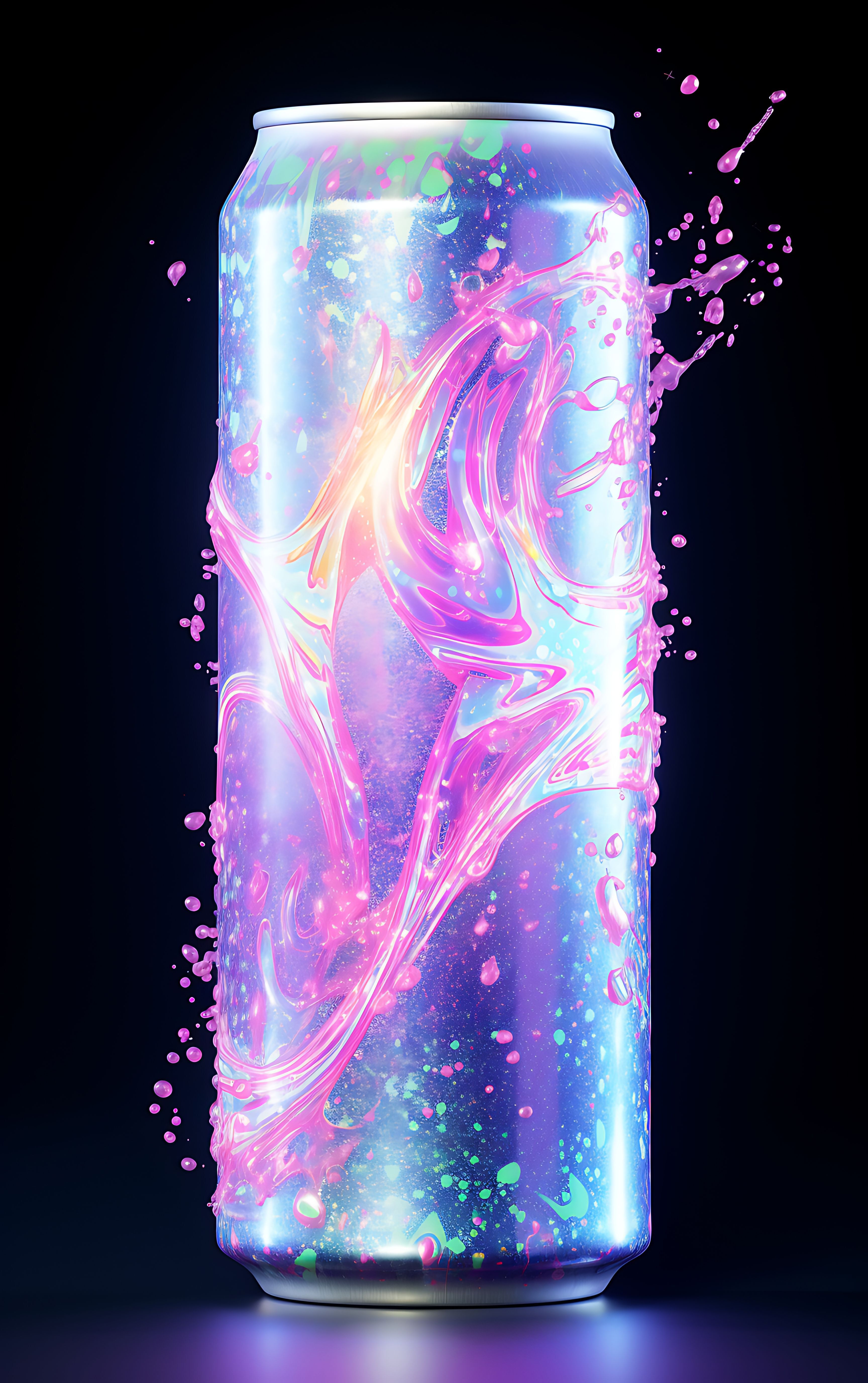
Energy drinks might provide a quick boost, but might they cause sudden cardiac arrest too? According to new research from the Mayo Clinic, energy drinks – the popular cocktails of sugar, caffeine and other stimulants – could be triggering cardiac arrest in individuals with genetic heart disease. The study, published this month in the journal HeartRhythm, reviewed the records of more than 5,000 patients at a Mayo Clinic site and identified more than 140 who had survived a cardiac arrest. Five percent of them reported consuming at least one energy drink around the time of the event.
While the study’s authors acknowledge it’s unclear what role, if any, energy drinks played, they conclude that individuals with genetic heart disease—a group of inherited heart conditions caused by gene mutations or variations—should minimize consumption of these beverages. They also called for increased regulation and oversight of the industry.
Energy drinks give beverage industry a jolt Energy drinks are a big business. According to a Statista report, these beverages generated more than $18B in the U.S. in 2023 alone. Red Bull and Monster Energy dominate the market, accounting for more than 70% of sales.
Popular among teens and young adults, energy drinks are frequently marketed as quick energy boosters for gym rats, adrenaline junkies, and go-getters.
Since energy drinks are classified as dietary supplements rather than medications, the U.S. Food and Drug Administration (FDA) is not required to monitor them.
Energy drink makers defend their products, rebuffing claims they’re less healthy than other beverages that contain similar ingredients. A standard 8.4 ounce can of Red Bull contains 80 milligrams of caffeine, but the company argues that’s less caffeine than is in a cup off coffee. Likewise, its 27 grams of sugar is akin to what’s in a similar serving of apple juice, says the company. However, heath organizations such as the Mayo Clinic caution energy drinks could cause problems because of their mix of unhealthy ingredients (caffeine, sugar, some herbal extracts) — especially warning children, teens, and adults with underlying health conditions to avoid them.
Researchers look for a connection
Building on research that indicates a link between caffeine and sudden cardiac death, researchers at the Mayo Clinic investigated the potential role of energy drinks.
In the study, the age range of sudden cardiac arrest survivors who reported consuming at least one energy drink around the time of their cardiac event was 20 to 42, with an average age of 28. Among them, six were female and one was male.
Three patients (43%) reported consuming energy drinks frequently, while four (57%) consumed them infrequently. The time span between consumption of an energy drink and occurrence of the cardiac arrest ranged from 12 hours to immediately before the event.
All patients stopped consuming energy drinks after their cardiac arrest, and none had experienced another one. Six of the patients received an ICD – an implanted device that monitors heart rhythms and delivers shocks to treat life-threatening arrhythmias (abnormal heart beats).
One patient, a 21-year-old female, had already been diagnosed with an underlying heart condition (and experienced a cardiac arrest a few years prior). She continued her established treatment regimen, only changing her habits: she stopped consuming energy drinks and vaping.
Despite limited data and murkiness in findings, a call to action
Researchers acknowledged that the cardiac arrests occurred alongside several other potential factors that could have contributed to arrhythmias, including sleep deprivation, dehydration, postpartum conditions, and extreme dieting or fasting. These factors could have created a “perfect storm” that led to a cardiac arrest, researchers said.
The study's findings suggest that although the incidence of cardiac arrest within the study population is relatively low, there may be a correlation between energy drink consumption and cardiac events, particularly in individuals with underlying genetic heart conditions.
The researchers advocate for proactive measures, emphasizing the importance of early awareness regarding the potential risks associated with energy drinks among such patients. They urge the FDA to establish clear guidelines for the safe and appropriate use of these beverages.
At Starting Hearts, we can provide specific training for making a life-saving difference. Contact us for more information: info@startinghearts.org and visit us at www.startinghearts.org
Patrick Golden is a healthcare writer based in Massachusetts.
